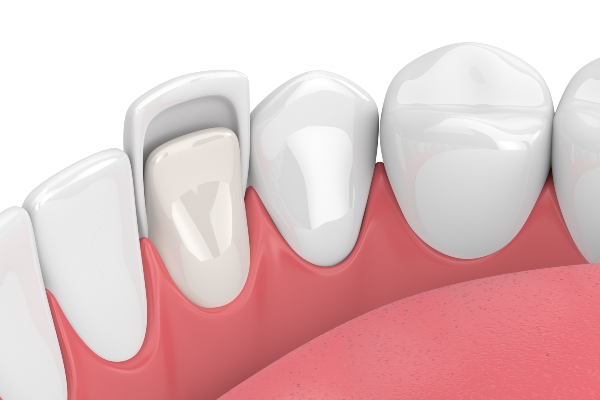Dental Implants – Are They Right for Everyone?

Thanks to their durability and natural appearance, dental implant procedures have become the most popular option for tooth replacement. Yet these implants may not be suitable for everybody. There are factors to consider, including lifestyle, oral health and budget, that may affect a patient's eligibility for the procedure. A consultation with the dentist can help someone determine whether implants are right for them.
Eligibility for dental implants
Some factors may make a patient ineligible for dental implants. Many of these are temporary conditions that can be resolved, allowing for implant procedures later.
Oral health
To get dental implants, the patient must have healthy gums and teeth. The presence of periodontal disease can cause premature implant failure. The right candidate must be serious about maintaining good oral health and be free of an autoimmune disorder or untreated diabetes. Medical conditions like this may affect a patient’s healing ability after the surgery. A patient may still be able to get dental implants if the condition is not too severe.
Ideally, patients should be nonsmokers or be ready to quit smoking completely. Tobacco and its byproducts can inhibit the osseointegration process, which is crucial to the success of the dental implant procedure. Other habits such as teeth grinding put too much force on the teeth and increase the risk of failure.
Bone density
Bone health and density play a major role in the success of a dental implant procedure. The jaw bone must be matured fully and have enough density to fuse with the implants. The health of the patient’s gums contributes largely to implant success. Periodontal disease can cause gum inflammation and recession, as well as bone loss, which is not conducive for the new implants.
During a consultation with the dentist, the patient will undergo a clinical examination. The dental professional will ask for the patient’s medical and dental history to see if there are existing factors that may affect the procedure negatively. They may also take X-rays and CT scans to determine the bone’s health and density.
The oral surgeon will have to confirm that the patient has adequate bone density to hold the implants; if not, a bone graft procedure might be necessary. Unhealthy bone cannot support tooth implants. The information garnered during the dental evaluation will help the dentist decide if the patient is right for dental implants.
Number of missing teeth
Anyone with one or more missing teeth can consider dental implants. People have lost all their teeth and currently have dentures are not exempt. Options ranging from single tooth implants to implant bridges and implant-supported dentures are available to restore lost teeth. To make a patient eligible for implants, the dentist may provide treatment for gum disease, perform bone grafting to improve the bone volume or provide instructions on proper oral hygiene routines.
In conclusion
Dental implants are preferred over other tooth replacement options because they allow patients with missing teeth to get back the feel, function and appearance of natural teeth. To know if a dental implant is right for you, book an appointment with a dentist. The dental team will perform the necessary evaluation and recommend options to restore your smile.
Request an appointment here: https://www.smilebeautification.com or call Precision Smiles. at (201) 204-1355 for an appointment in our Hackensack office.
Check out what others are saying about our services on Yelp: Read our Yelp reviews.
Recent Posts
Dental veneers can improve your dental health. Your dentist can present many types of this dental restoration. Understanding the types of veneers available can broaden your options. Here are the different types of dental veneers that you must consider.These are the most common types of dental veneers. The material in these restorations is feldspar, which…
Dental veneers help patients achieve a picture-perfect smile. However, these wafer-thin shells go over the natural teeth, which begs the question: Are dental veneers comfortable? When installed correctly, veneers feel just like your real teeth. In this article, we will explore veneers, how they work, and how they manage to feel and look natural.Veneers help…
Dental veneers are often more advantageous than other cosmetic dental procedures. Some cosmetic dental procedures are quick but need retreatment. Others need preparation and months to be effective. Veneers take a short time to get but can last for at least a decade with proper care and maintenance. Knowing the benefits of these restorations over…
If you are one of the many individuals who suffer from TMJ, you may be researching the effects Botox® has on this problem. Believe it or not, it can work to help some of the unfortunate aspects of this condition. TMJ can sometimes make everyday activities and simple things we take for granted, like chewing,…


